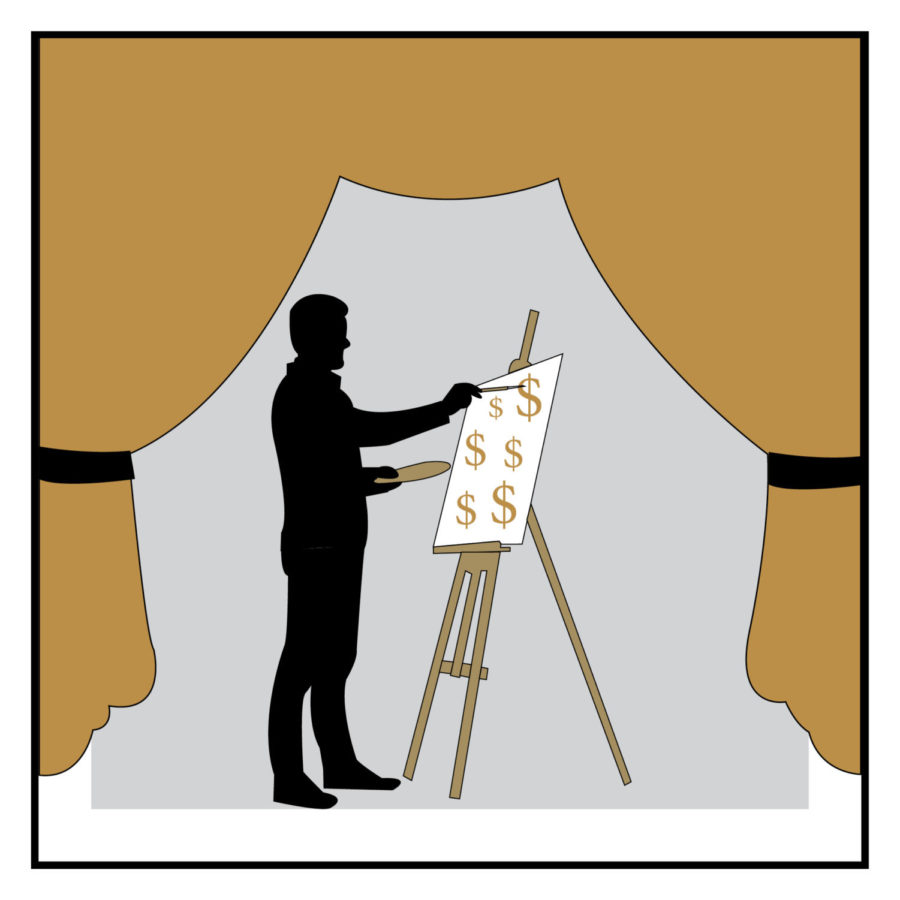Fund the Arts
Schools need to reprioritize spending
The sound of a football game travels all the way down the street, as the bright lights shine down upon the players and observers of a BV game. Simultaneously, the theater inside is putting on a show in a poorly lit auditorium with outdated — 50-year-old — features.
While both are equally important to support, there is one that is always more supported by both the district council and the community — sports. This isn’t special to BV, however; too many schools across the country place all of their focus into athletics and hardly any of it into the performing and visual arts.
Despite the push back in the last few years from various individuals, schools continue to prioritize athletics over the arts. What people fail to realize is that involvement in the arts actually improves a student’s creative thinking, something that will come in handy in most core classes.
My piano teacher always told me that being a musician would make me smarter. She was certainly not wrong, considering the amount of work ethic and discipline it implements in an individual, as well as how much they have to think in order to perform well.
A study done by the Boston Children’s Hospital proves this point: It revealed that there is a biological link between children learning music at an early age and improved executive functioning later on.
It would not be possible to play an instrument, act in a play, or paint a picture without the smarts for it. When playing an instrument, you have to multitask, considering you are both playing with two hands doing different things as well as reading music.
When performing in a show, you have to memorize the lines — whose amount can often be in the hundreds — which requires a clear mind and an ability to retain information.
When painting a picture, you have to be able to think outside the box and tap into the creative right hemisphere of the brain.
These three examples are only a few of the many instances in which the arts can aid in school and real world situations. If sports continue to be heavily favored and the arts continue to be torn down by the lack of funding, the opportunity to teach something that cannot be taught as well in any other way will be lost.
Students involved in the arts deserve a chance to develop their skills in a safe, improved way. If funding continues to dwindle for these programs, students will not learn these valuable skills necessary to maintain and support the arts in the future.

Brynn Friesen is a senior and is Web Editor of the newspaper. This is her fourth year on staff. She is also co President of the choir department. Brynn...




